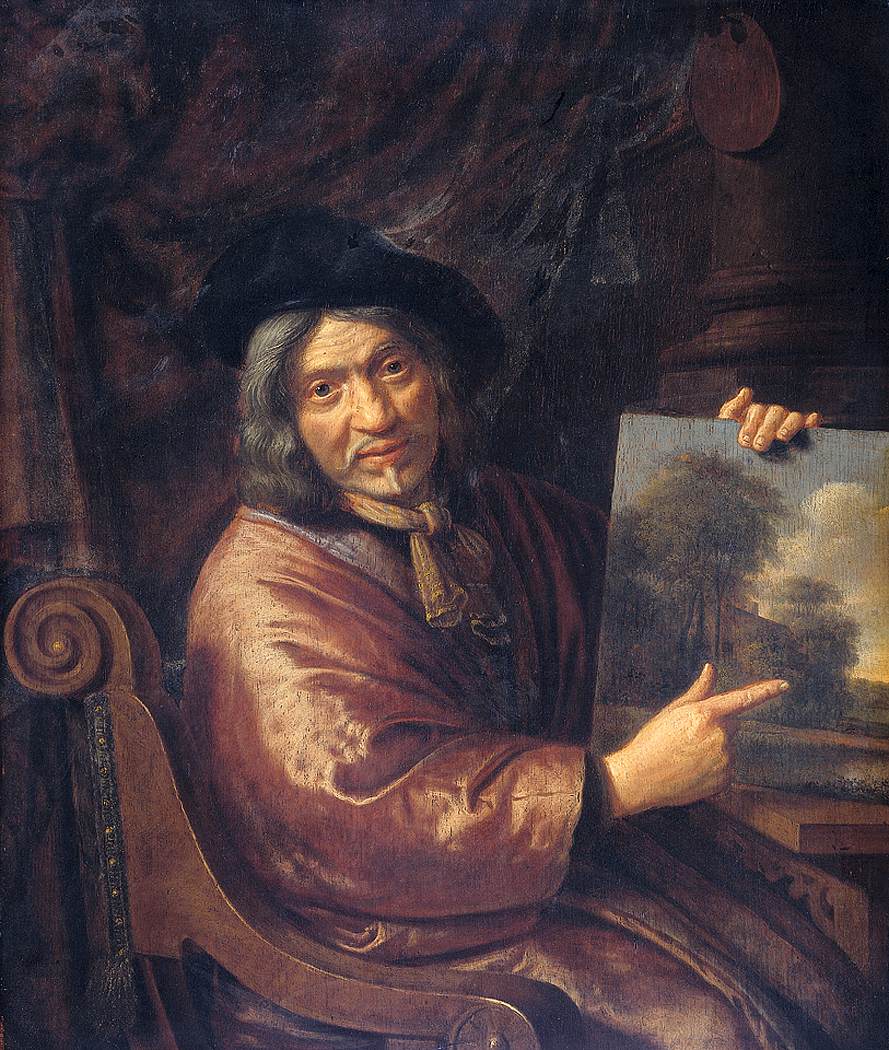Description
Pieter Jansz Van Asch's Self-portrait painting is a masterpiece of Dutch Baroque art that has fascinated art lovers for centuries. This 52 x 44 cm work features a unique composition and distinctive artistic style that sets it apart from other works of the period.
Van Asch's self-portrait is an example of the Dutch Baroque style, characterized by its realism and attention to detail. The artist has used a smooth and precise brushstroke technique to create an image of himself that appears to leap from the canvas. Light and shadow are used effectively to create a sense of depth and texture in the painting.
The composition of the painting is equally impressive. Van Asch has depicted himself sitting in a chair and looking directly at the viewer. The background of the painting is dark and austere, which accentuates the figure of the artist and gives it an air of solemnity. The position of Van Asch's hands is particularly interesting, as they appear to be holding something not seen in the painting. This has led some critics to speculate about the symbolic meaning of the painting.
Color is another prominent aspect of the painting. Van Asch has used a limited palette of dark, earthy tones that create a feeling of seriousness and solemnity. However, the artist has added a touch of color to the painting with the red scarf that he wears around his neck. This subtle detail adds an element of contrast and balance to the work.
The history of the painting is equally fascinating. Van Asch was a Dutch artist who lived and worked in the 17th century. Although not much is known about his personal life, his work has been highly valued by collectors and art critics. The painting Self-portrait is one of Van Asch's most outstanding works and has been the subject of numerous exhibitions and studies.
In summary, Pieter Jansz Van Asch's painting Self-portrait is a masterpiece of Dutch Baroque art that stands out for its artistic style, composition, color and history. This work has been valued by art lovers for centuries and continues to be a source of inspiration and admiration for artists and art critics around the world.

